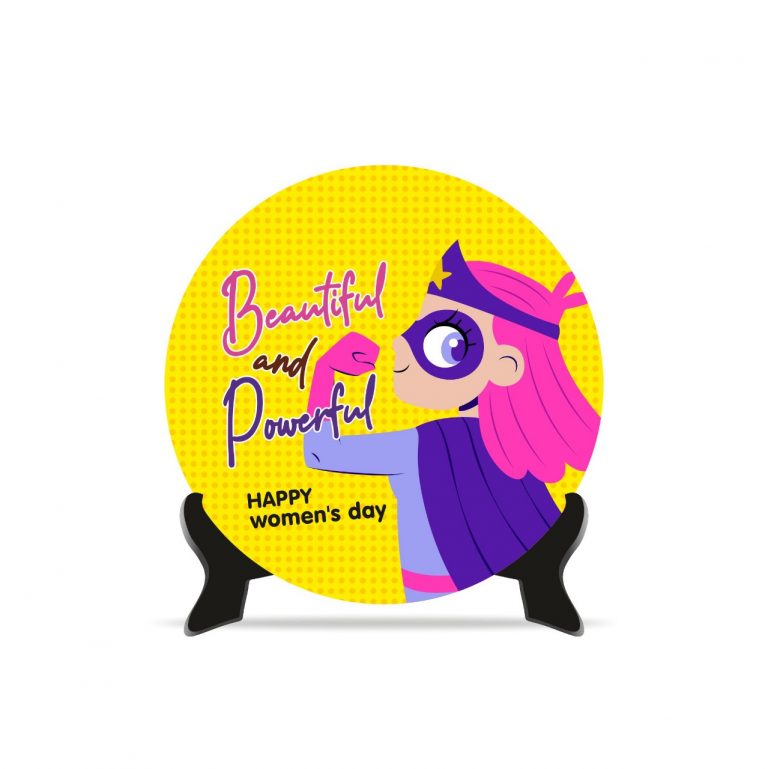The Trust Deficit in HR
For an employee, HR is supposed to be the bridge between people and leadership, a department that ensures fairness, protects rights, and fosters growth. Yet in many organizations, employees don’t trust HR with their real concerns. They don’t feel heard. They don’t feel protected. They don’t feel safe.
The reality is harsh: in today’s workplaces, employees don’t trust HR because the system often seems distant, one-sided, or inconsistent. A recent Edelman survey found that less than half of employees believe HR will prioritize their well-being when it matters most. That’s alarming-and damaging to workplace culture, morale, and retention.
Let’s explore why employees don’t trust HR, and more importantly, how we can fix that broken trust.
HR’s Dual Role: Protector or Enforcer?
A major reason employees don’t trust HR is the perceived conflict in its role. HR is supposed to support employees-handling grievances, promoting fairness, and building culture. But it’s also tasked with enforcing policy, handling terminations, and protecting the company from legal risk.
To many employees, this makes HR seem like a watchdog for leadership rather than a partner to people. HR only becomes visible during performance reviews, investigations, or layoffs-rarely in day-to-day support. This imbalance reinforces the belief that HR serves leadership first and employees second.
When employees don’t trust HR, it’s often because HR shows up when things go wrong, not when people need guidance or growth. Rebuilding trust starts with being visible, proactive, and people-first-not just policy-first.
Lack of Transparency Breeds Suspicion
Trust requires clarity. But when decisions are made behind closed doors or outcomes are never communicated, employees feel excluded. Over time, this silence breeds suspicion.
Employees wonder:
- Why did someone else get promoted?
- Why did a complaint get closed with no follow-up?
- Why does policy seem to apply differently across teams?
When employees don’t trust HR, it’s often because they feel policies are inconsistent or applied unfairly. To regain credibility, HR must operate with complete transparency. This means:
- Explaining decisions openly (as much as confidentiality allows)
- Communicating policy changes proactively
- Ensuring consistent treatment across roles and departments
One-Size-Fits-All Policies Don’t Work
Another reason employees don’t trust HR is the lack of personalization. Policies that ignore individual context make people feel like numbers, not humans. For example, a strict attendance rule might penalize someone managing a chronic illness-or a rigid promotion policy might ignore real on-the-ground contributions.
If HR fails to understand employees’ unique needs and circumstances, it creates resentment. A policy-driven approach without flexibility is seen as tone-deaf, especially in diverse workplaces where people’s life situations vary widely.
To restore trust, HR must balance standardization with empathy. Clear guidelines are important-but so is treating people as individuals.
Fear of Retaliation or Being Ignored
A key reason employees don’t trust HR is fear-fear of being punished, ignored, or sidelined for speaking up. Many have seen or heard stories where reporting a manager led to retaliation or no action at all.
When employees believe complaints lead nowhere-or worse, backfire-they stay silent. This not only hurts individuals but also allows toxic behaviors to fester unchecked.
To counter this, HR must:
- Guarantee confidentiality wherever possible
- Take all reports seriously
- Communicate progress or outcomes to the person who reported
- Hold all levels of employees accountable, including senior leadership
When people feel safe to speak, they begin to trust again.
HR Often Lacks Power or Resources
Sometimes, even when HR professionals want to support employees, they’re constrained by limited authority or resources. They may not be empowered to:
- Take disciplinary action without leadership approval
- Recommend changes in policy without legal consultation
- Provide mental health support due to budget constraints
If employees don’t trust HR, it may be because they perceive HR as powerless or symbolic-a department that listens but can’t act.
Related Posts
Organizations must equip HR with real authority, sufficient funding, and autonomy to drive employee-centric initiatives. HR can’t be a strategic partner if it’s treated like an administrative afterthought.
Rebuilding Trust: What Really Works
So, how do you rebuild confidence when employees don’t trust HR?
1. Be Visible and Human
Move beyond the desk. Host open hours, casual meetups, and listening sessions. Encourage HR to be part of daily life-not just formal processes.
2. Speak the Language of Empathy
Train HR staff in active listening and conflict resolution. Equip them to manage emotional conversations with compassion and clarity.
3. Implement Feedback Loops
Regular employee surveys, open forums, and anonymous feedback help HR stay aligned with real concerns-not just policies on paper.
4. Close the Loop on Complaints
When action is taken based on feedback or reports, communicate that clearly. Trust grows when people know they were heard-and changes followed.
5. Align with Managers
Train line managers to reflect HR values. When frontline leadership models fairness and transparency, employees feel supported at every level.
Technology Isn’t the Cure-Culture Is
Digital HR tools are helpful for automation, data collection, and scalability. But no software can fix trust issues alone. If employees don’t trust HR, adding another app or chatbot won’t change that.
What matters most is culture. Culture built on openness, consistency, accountability, and fairness. Technology should support these values-not substitute for them.
Use HR tech to:
- Track resolution times on complaints
- Enable transparent communication
- Simplify policy access
But always pair it with real, human engagement.
Trust Is a Daily Choice
When employees don’t trust HR, the whole organization suffers-from poor morale to high attrition and legal risks. But rebuilding that trust isn’t about rewriting every policy or overhauling your structure overnight. It’s about daily decisions. Listening actively. Communicating transparently. Acting fairly. Showing up consistently.
HR must be more than a compliance function-it must be a force for good, a protector of people, and a strategic ally to both employees and leadership.
At Amazing Workplaces®, we believe trust is the true currency of a thriving workplace. And every HR team has the power to earn it, rebuild it, and grow it-one honest step at a time.
Disclaimer: The views, data and case studies we publish on our website are purely based on publicly accessible information and organizational disclosures. Amazing Workplaces® does not take a position on any legal or regulatory matters concerning any information available on our website.









